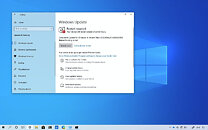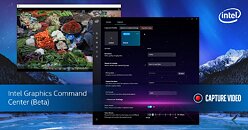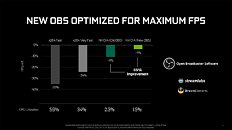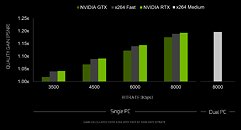
Windows 10 2004 May Update Brings Back Bluetooth Speaker Streaming
Windows 10 2004 May update is set to bring a heap of new features to the OS, along with performance improvements in the form of a fixed search indexer. According to the latest report form Windows Latest, we have information that the update version 2004 will reintroduce Bluetooth A2DP sink, a feature from Windows 7 era. The Bluetooth A2DP sink allows users to stream audio from their phones to PC speakers, using Bluetooth technologies. This is a useful feature is you want to play music via your phone on louder speakers connected to your PC, and we are sure users are going to appreciate this. The Bluetooth A2DP sink feature was present in Windows 7 OS, however, Microsoft has later disabled that in Windows 8 OS and it hasn't been available since. The Windows 10 May update is expected to roll out between May 26th and May 28th.

























